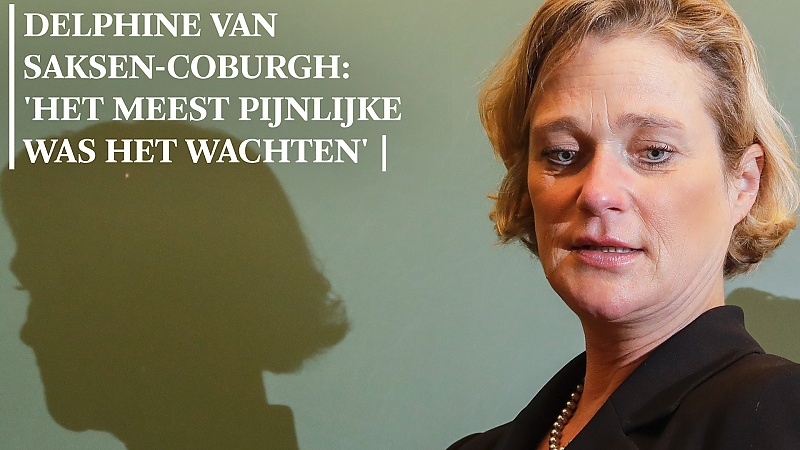When it comes to the contract of rent, we may have thought which expenses are borne by one and which are borne by the other contractual party. In particular, it is interesting to know how the condominium expenses are divided between the landlord and the tenant, in the lease contract. For this purpose, a Law on the Fair Fee, no. 392/1978, clarifies what the respective charges are, provided the parties do not provide otherwise. Respectively, sare charged to the tenant all ordinary maintenance costs. Specifically, unless otherwise agreed, these are those relating:
1) to the cleaning service, operation and ordinary maintenance of the elevator;
2) the supply of water, electricity;
3) heating and air conditioning;
4) the purging of cesspools and latrines, as well as the provision of other common services;
5) to the concierge service, to the extent of 90%, unless the parties have agreed on a lower measure. Instead, are the responsibility of the landlord, in general, all other expenses and, in particular, those of extraordinary maintenance. Such is the one that, unlike ordinary maintenance, includes unpredictable repairs of not modest cost. In other words, it would be more than anything else, of those exceptional repairs in the context of the ordinary duration of the rental relationship. Think of those characterized by a certain urgency and entity, necessary in order to preserve or restore its integrity and efficiency to the thing.
Who must materially pay them to the condominium and within what time
Having clarified, therefore, how the condominium expenses are divided between the landlord and the tenant, in the lease agreement, let’s see how the payment must be made. Well, on this point, it is specified that even if the tenant is required to pay the condominium expenses, if he does not pay, the condominium cannot act against him. The latter, in fact, will have to act against the landlord, who in turn can retaliate against the tenant. Normally, however, the tenant pays the rent with the relative ancillary charges to the landlord and the latter transfers them to the condominium. The payment by the tenant must be made within 2 months of the request by the landlord. Before making the payment, he also has the right to obtain a specific indication of the charges charged, as well as to view the supporting documents of the same.
However, in the absence of a request for exhibition, the landlord is exempted from the burden of documenting his request. Therefore, in case of non-payment, the tenant will automatically be in default. Furthermore, it will no longer be able to oppose the justification regarding the failure to specify the expenses and the allocation criteria. The fact remains that if he ascertains that there are undue sums, he will still be able to act against the landlord. Finally, as regards the prescription, the lessor must request the tenant to pay the ancillary charges, within the limitation period of 2 years. This period starts from the annual closing date.
–


